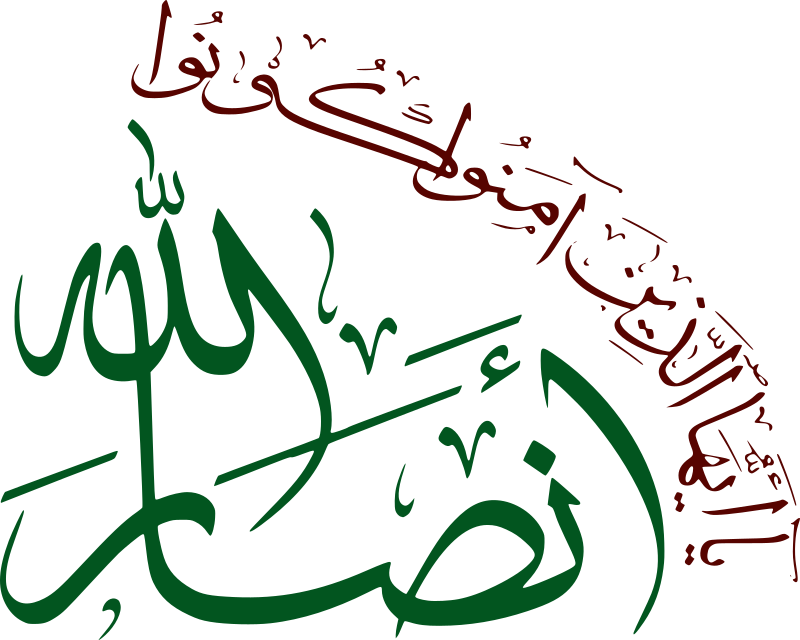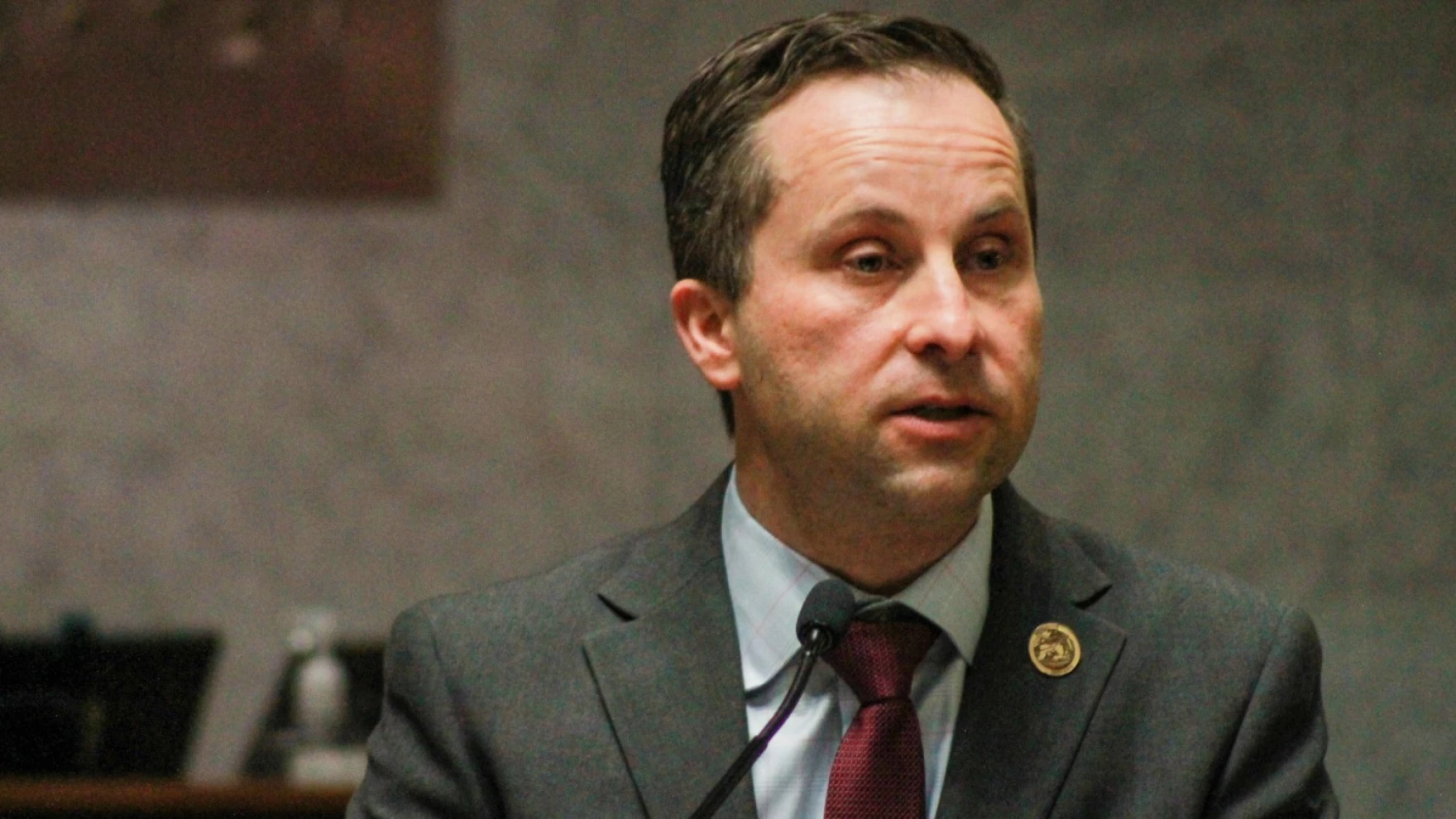Yemen’s Houthi movement, officially known as Ansar Allah, is a significant political and armed group originating from northern Yemen. The Houthis belong to the Zaidi sect of Shia Islam, a branch that differs from the more widely known Twelver Shia. The group takes its name from Hussein Badreddin al-Houthi, a religious and political leader who founded the movement in the 1990s. Initially, the Houthis began as a revivalist movement focused on defending the rights and identity of the Zaidi community, which had long felt marginalized by Yemen’s central government.
Conflict between the Houthis and the Yemeni government escalated in the early 2000s, resulting in multiple rounds of fighting. The group’s influence expanded significantly during the Arab Spring protests in 2011, which weakened the central authority in Yemen. By 2014 and 2015, the Houthis had seized control of the capital city, Sana’a, and much of northern Yemen, dramatically altering the country’s political landscape.
The Houthis’ early political goals centered on achieving greater autonomy and recognition for Zaidi rights. However, over time, their objectives broadened to include the overthrow of the existing government, which they viewed as corrupt and closely allied with Saudi Arabia and Western powers. The Houthis have expressed strong opposition to what they describe as foreign interference, particularly by Saudi Arabia, the United States, and Israel. Their rise has led to a protracted civil war that has devastated Yemen.
Since 2014, Yemen has been engulfed in a brutal conflict between the Houthi movement and the internationally recognized government of Yemen. This government receives support from a Saudi-led coalition that seeks to restore its authority. The war has caused one of the world’s worst humanitarian crises, with millions displaced and widespread famine and disease. The Houthis have employed guerrilla tactics, including missile strikes and drone attacks, often targeting Saudi Arabia and its allies to gain strategic advantages.
A key aspect of the conflict is the Houthis’ alleged support from Iran. It is widely believed that Iran provides the group with military, financial, and logistical aid, though the full extent of this assistance is debated. This relationship is part of a larger regional power struggle between Iran and Saudi Arabia. Iranian support has reportedly included weapons and advanced drone technology, allowing the Houthis to conduct sophisticated attacks beyond Yemen’s borders.
International responses to the Houthis vary. Some countries classify the movement as a terrorist organization, while others consider it a legitimate resistance force. Peace talks have been held intermittently, but a lasting resolution remains elusive. The ongoing war has serious implications for regional security, particularly in strategic waterways such as the Red Sea and the Bab-el-Mandeb Strait, where shipping lanes are critical for global trade.
In recent years, the Houthis have increased their military capabilities, launching drone and missile attacks on both military and civilian targets. They have also targeted commercial shipping vessels in the Red Sea, aiming at those perceived to support the Saudi-led coalition. Their control over major areas in northern Yemen, including the capital Sana’a and the port city of Hodeida, gives them significant influence. The port of Hodeida is especially important as it serves as a vital entry point for humanitarian aid into the country.
The humanitarian impact of the conflict involving Yemen’s Houthis is severe. Millions of people have been displaced from their homes, and access to essential resources such as food, clean water, and healthcare is extremely limited. The ongoing war has exacerbated famine and disease outbreaks, drawing warnings from international humanitarian organizations about the dire situation facing Yemen’s population.
The conflict driven by the Houthis and their opponents continues to shape the future of Yemen and the wider Middle East region. With persistent fighting, complex international involvement, and severe humanitarian consequences, the situation remains one of the most pressing global challenges today.







